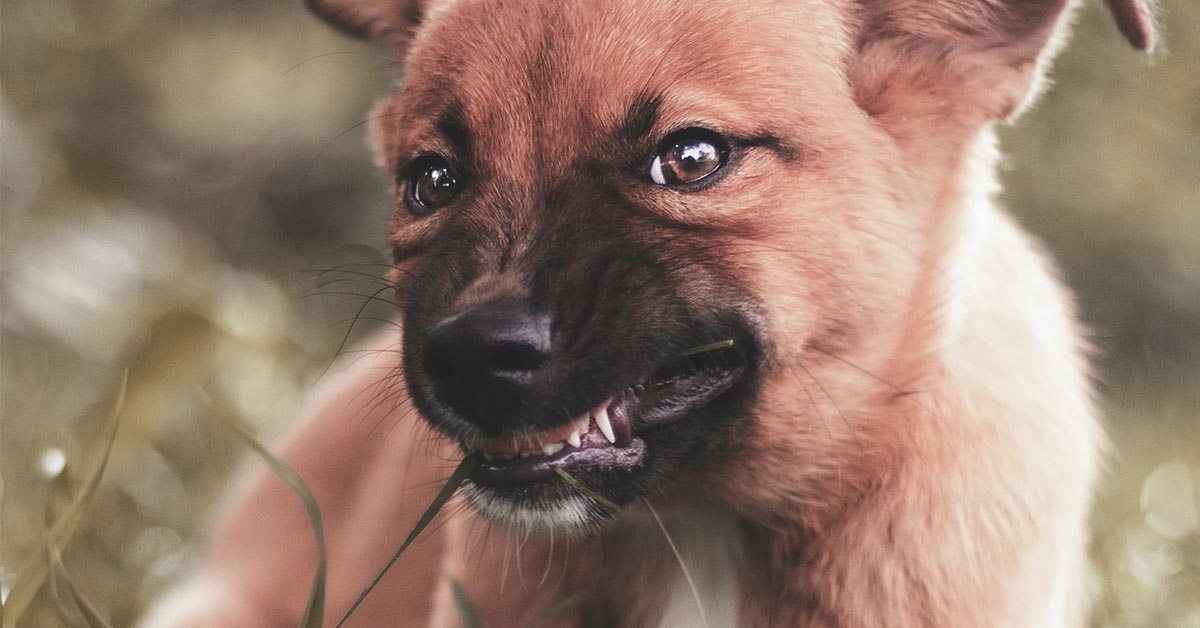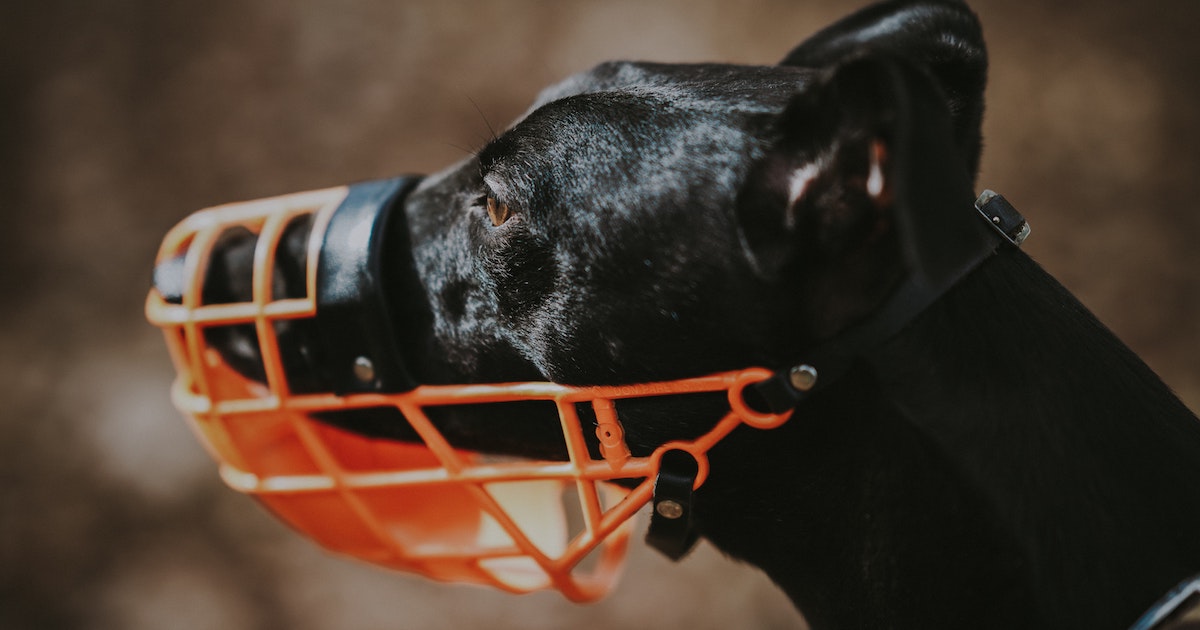Those sad puppy dog eyes captivate your attention but is there more going on? From the rescue who suffered trauma, to the under socialized dog struggling with stranger danger, anxious dogs are certainly not uncommon. These dogs may struggle with fast movements and loud sounds and their response to fear can be sad and even scary at times. Moments can quickly go from fun and fine to fight or flight. Building trust with an anxious dog take patience, understanding, and a positive dog training plan.
Have Patience
It takes time to calm and reshape anxious thoughts so have patience with the anxious dog in your life. Pushing anxious dogs out of their comfort zone too much or too quickly can have disastrous and even dangerous results. Positive dog trainers always let their students set the pace and work to manage and minimize any negative experiences. You should start working in a low stress and low distraction environment. Give the dog as much space as they require, toss lots of treats, and let the dog approach you when they are ready.
Understand Dog Language
Dogs use so many body language signals to communicate. It not just barks, growls, and wagging tails, there is a lot more you should be watching for. When trying to build trust with an anxious dog, you should be watching for signs of stress and managing the situation to promote a learning environment that feels safe and secure. If an anxious dog is showing signs of stress, back off and find a way to change up the situation. Anxious dogs will often display stress by...
- Pacing or being unsettled
- Licking their lips
- Sneezing
- Yawning
- Turning head away or avoiding a situation
- Dilating pupils
- Stiffening body posture
- Tucking Their Tail
- Pulling their ears down
- Submissive peeing
Have a Positive Dog Training Plan
Building trust with an anxious dog will require some positive dog training skills not only for the sake of safety but dog training is also a great team building activity! Just like pavlov trained his dog to love the sound of a bell, anxious dogs can also be trained to have a positive response to things that may be causing stress right now. Using positive dog training will help assign positive thoughts and reshape the anxious dog's mindset. Anxious dogs also need a good handle on some basic commands so when things aren't going well, they have a way to receive and understand direction. Dog owners with an anxious dog need to be able to tell their dog when to "focus" on them and "leave it" away from situations that could have a poor outcome. Those dog owners will also need to be able to tell their anxious dog when to "stay" and when to "come." Basic obedience skills aren't just about achieving tricks for treats, it's about being able to tell your dog exactly what they need to do in any situation. Do you have an anxious dog who needs a positive dog trainer? Book a complimentary Meet and Greet to get an evaluation and personalized training plan from one of our Knoxville dog trainers.








